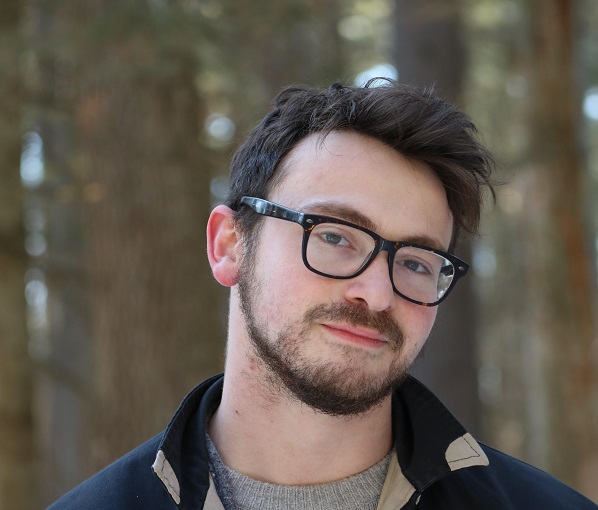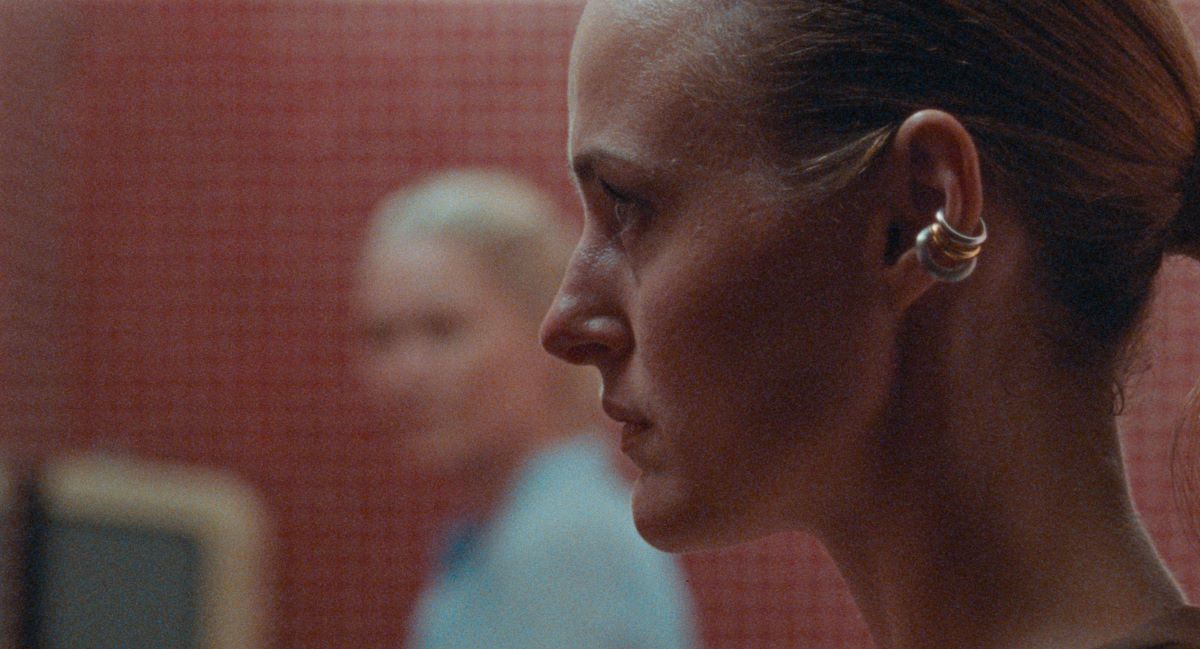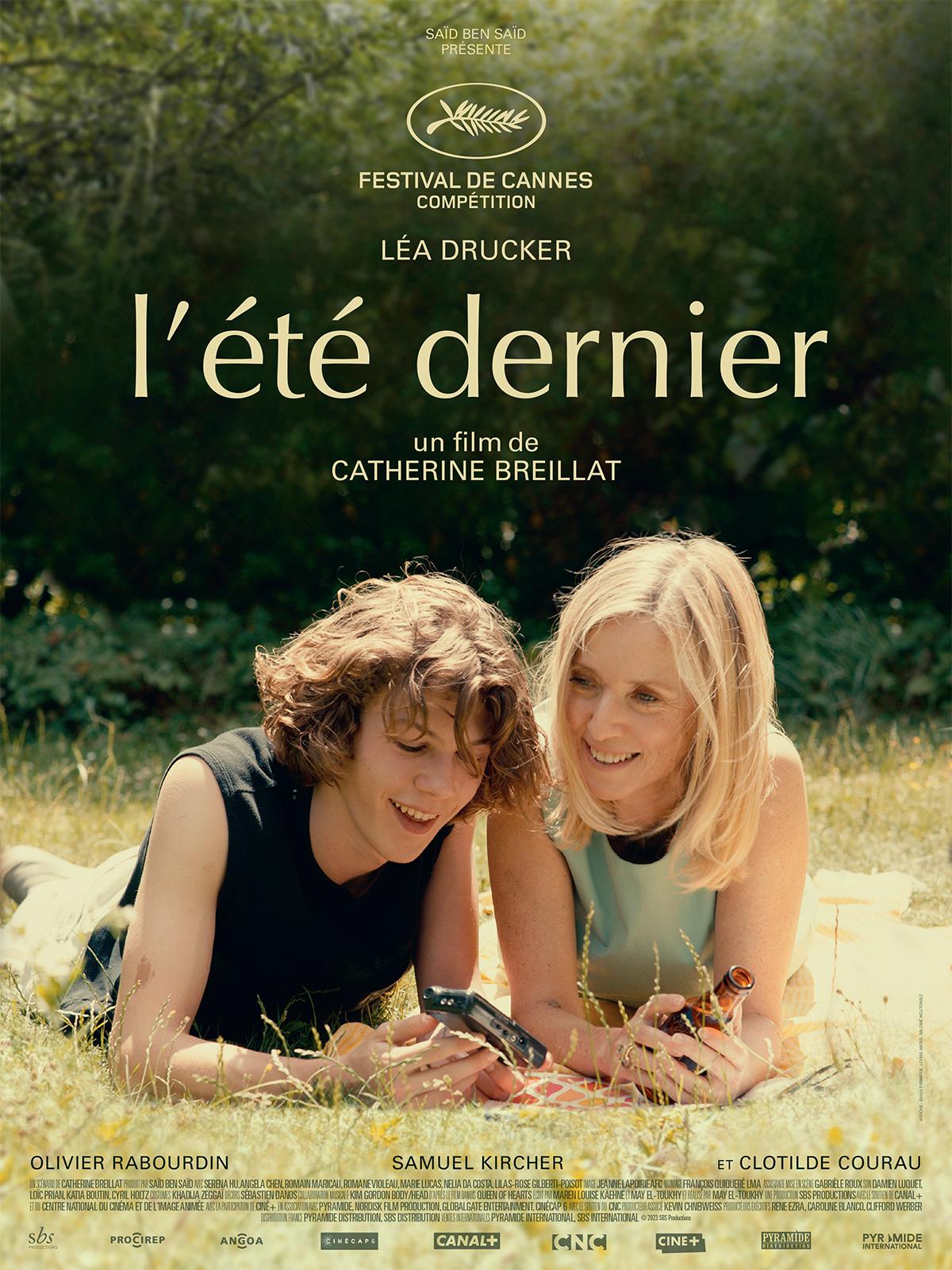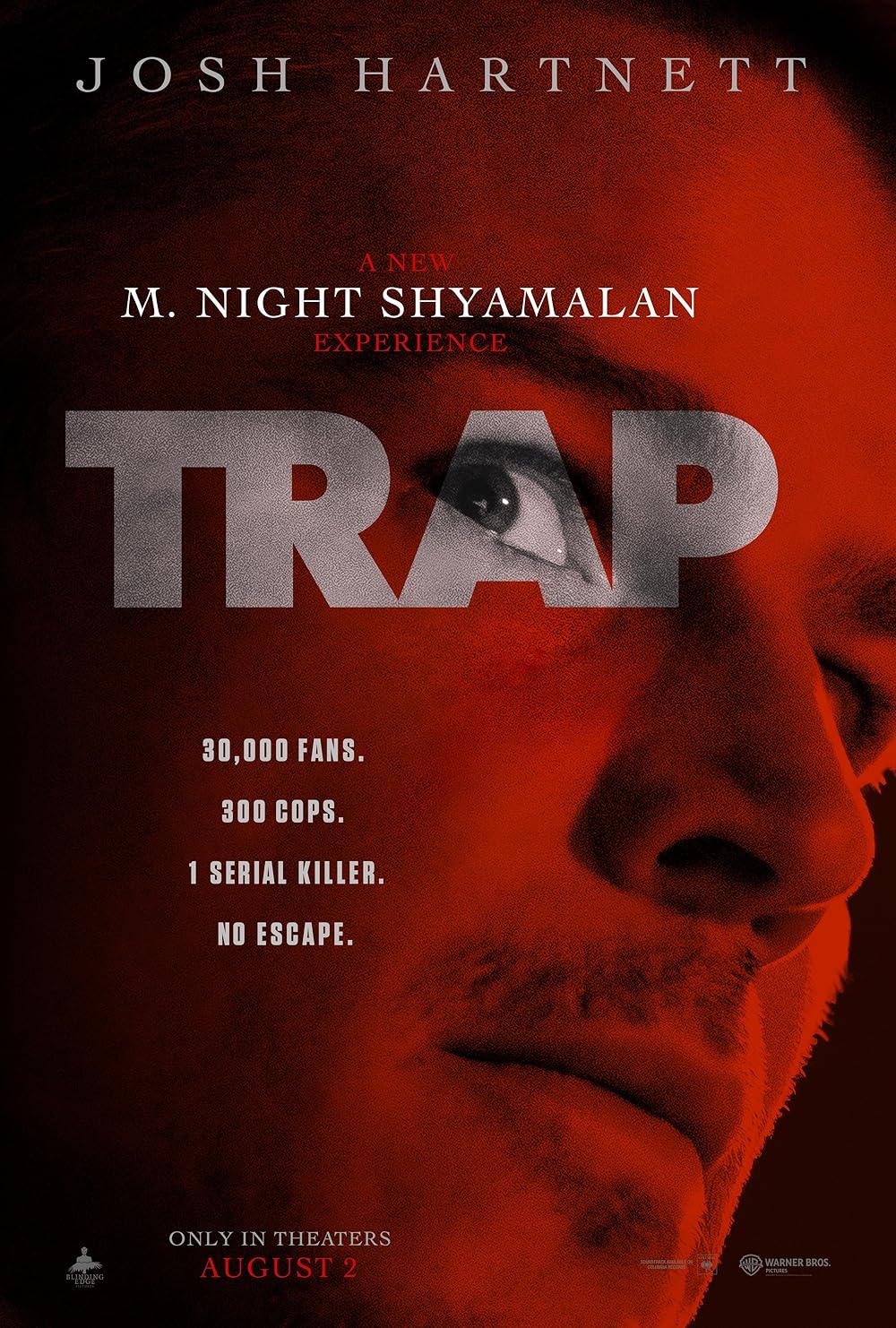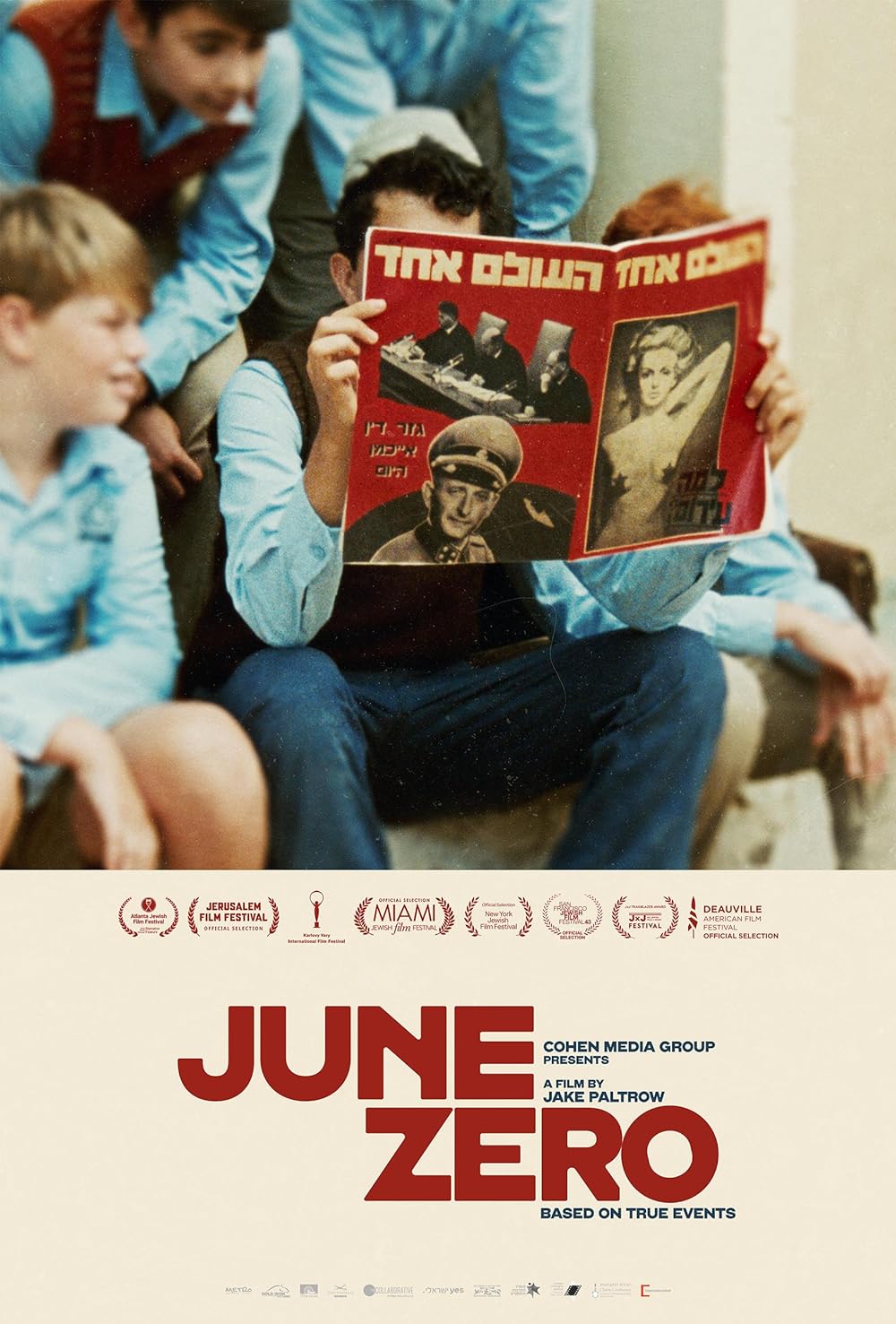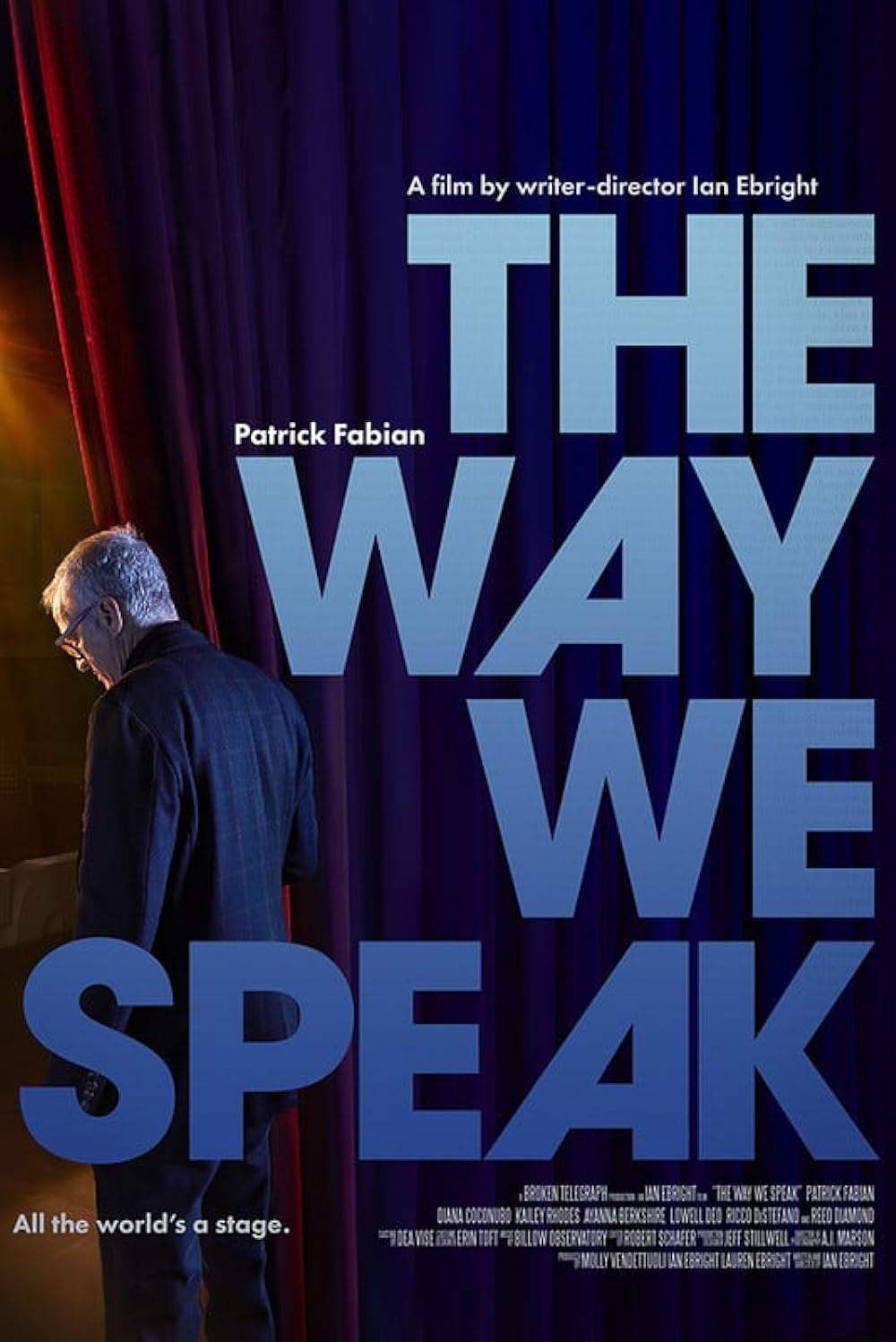Away from the pandemonium of the Croisette and the festival’s main competition, Cannes’ Un Certain Regard section offers a consistently diverting showcase for original, daring films from emerging filmmakers (its name, translated, refers to a different way of looking at things). Three of the best films I saw in this section at Cannes this year—including “Armand,” winner of the Camera d’Or for best first feature film—were emotionally rich, exceedingly cinematic stories centered on women grappling mightily with realities that escape their reach.
Renate Reinsve won Best Actress at Cannes three years ago for her luminous, star-is-born lead turn in Joachim Trier’s “The Worst Person in the World,” which charted four tumultuous years in the life of a charming, indecisive young woman in Oslo. Reinsve’s return to the festival this year with “Armand” serves as an ominous, oppressively claustrophobic counterweight to all that film’s swooningly romantic potential energy.
The feature directorial debut of Halfdan Olav Ullmann Tøndel, notably the grandson of Liv Ullmann and Ingmar Bergman, “Armand” provides the actress with another showcase for her uniquely arresting presence but within the body of a chilly psychodrama that, set entirely across one suffocatingly hot afternoon at an empty elementary school, is turning its screws on her from the start.
Summoned by school staff to discuss recent misbehavior by Armand, her six-year-old son, Elisabeth (Reinsve) is blindsided by allegations levied by Sarah (Ellen Dorritt Petersen) and Anders (Endre Hellestveit), the parents of a classmate who claims to have been victimized by Armand. That Elisabeth, Sarah, and Anders are closely acquainted, and painfully intertwined by the recent death of Elisabeth’s husband, compounds the sensitivity of the situation, as does the reluctance of three educators there to moderate their meeting—including naive Sunna (Thea Lambrechts Vaulen), Ajsa (Vera Veljovic), and principal Jarle (Øystein Røger)—to break with established protocol and follow the parents into any number of the moral gray areas or unsettling hypotheticals that their meeting illuminates.
That Reinsve is playing Elisabeth, a well-known actress on the verge of a breakdown, is only Ullmann Tøndel’s first allusion to “Persona” in a film that, like Bergman’s mimetic masterpiece, can be described as a chamber piece about two women wreaking havoc on each other’s lives, mirroring one another in a downward spiral of mutually assured destruction. The truth of what may have transpired between their children remains elusive, but Elisabeth soon makes clear she suspects Sarah and Anders have ulterior motives. The educators, especially Sunna, are sympathetic to her position, but Elisabeth’s behavior during the meeting gives them cause for concern. In one early sequence, Elisabeth bursts out laughing at an inappropriate moment and, struck by the absurdity of her situation, cannot stop until reduced to frantic, heaving sobs; in this moment and others, Reinsve carries the audience through an anguished gauntlet of emotion while keeping the question of Elisabeth’s sincerity deliciously ambiguous.
In the school’s darkened hallways, whispered accusations reverberate like distant echoes and troubling class photographs reveal further connections between these characters; Ullmann Tøndel, who also wrote the screenplay, treats this setting as a liminal space in which all his script’s slippery juxtapositions can swirl immaterially or, as “Armand” descends into dreamlike abstractions of psychological fracture, assume thrilling physical form.
Reinsve rises to the challenge with a pressurized performance in which every small gesture, fleeting glance, and tensed muscle feels at once precisely measured and furiously eruptive. In a film playing with thriller and melodrama conventions before tipping over into expressive surrealism, hers is a fiercely visceral presence; she performs as if dancing on the edge of a knife.

Another sidebar standout, Julien Colonna’s nerve-wracking feature debut “The Kingdom,” examines the cycles of violence slowly consuming a Corsican mob family through the exceptionally wide eyes of its youngest daughter. Set across one sweltering summer on the French island of Corsica, “The Kingdom” picks up as teenager Lesia (Ghjuvanna Benedetti) is sent to spend time with her father, Pierre-Paul (Saveriu Santucci), who’s been on the run for longer than she’s been alive.
An influential clan leader closely linked to the local political class but wanted by police and rival mobsters alike, Pierre-Paul has been in hiding for some time at an isolated villa when Lesia is taken to stay with him for a few days. Upon her arrival, the atmosphere is tense. The backdrop of their reunion is escalating political violence; a car bombing almost takes Pierre-Paul’s life while he meets with a local socialist candidate, and Lesia’s godfather is later slain in a vicious ambush. A net seems to be closing around Pierre-Paul and his associates, and death is close at hand. Gradually, mostly through local news broadcasts, Lesia begins to piece together the larger political struggle these assassination attempts are a part of, but Pierre-Paul seems to fear, more than threats on his life, the idea of running out of time with the daughter he hardly knows.
And so they fish for mullets in the sea, hunt wild hogs on the land surrounding the villa, and swim in idyllic lakes, both father and daughter negotiating a new, more mature understanding of one another. As Lesia learns more about her father’s past and present, she starts to change as well, becoming conscious of the slow-motion collapse she’s seeing play out in Pierre-Paul’s orbit and growing impatient to be seen by him, before it’s too late, as more capable and complete a person than the little girl he left behind.
Aided by strong performances from Benedetti and Santucci, Colonna crafts an emotionally fraught family drama, one intensified by its crime thriller framework’s life-and-death stakes without being completely defined by them. This film, in more ways than just its title, reminds of David Michôd’s “Animal Kingdom,” accruing a similarly tragic, operatic dimension as it traces the roots of our inability to untangle ourselves from all those ties that bind us, to do anything other than travel the paths laid before us.

An early face of the so-called New Greek Weird Wave, the Greek-French actress Ariane Labed steps behind the camera for “September Says,” an elegantly unmoored tale of two sisters that, in its tart and tense examination of codependency and the isolation it breeds, shares a kinship with Athina Rachel Tsangari’s haunting “Attenberg” (which won Labed the best-actress prize at Venice for what was, unbelievably, her debut performance) and the darkly absurdist satires of Yorgos Lanthimos (to whom she’s been married since 2013).
Adapted by Labed, for the most part faithfully, from Daisy Johnson’s novel “Sisters,” the film follows July (Mia Tharia) and September (Pascale Kann), siblings who’ve been inseparable since birth and who as such have established an inner sanctum not even their troubled yet loving single mother (Rakhee Thakrar) can gain access to.
Either intimidated by or incapable of forming conventional social bonds, the sisters often revert to animalistic yips and howls, coded communications that extend to facial expression and body language; September, an authoritative presence at home, ensures that July remains within her reach through children’s games, such as “September says,” during which her younger sister must obey her instructions exactly, however childish they may be.
More timid and gentle than her sister, July relies on September for protection at the high school they attend, where bullies call them “freaks” and “weirdos,” sometimes crossing the line into acts of physical violence that September is all too willing to escalate. After her sister is suspended, July starts to develop a crush on a classmate and makes a naive decision, with unexpected consequences for both sisters that only become apparent in the film’s unsettling second half, which shifts the setting from the city to a family beach house.
In both its oneiric tone, always gliding over the surface of some terrible revelation, and its Freudian fascination with questions of control, identity, and self-definition, Labed’s film sits comfortably alongside the darkly funny, densely metaphorical works of her collaborators, but there’s an attention to tracing the emotional bonds between these three women, the joy and frustration they find in their shared sense of alienation from the world beyond their family unit, that feels distinctly hers.
As “September Says” heads toward a third-act twist that forces you to reconsider much of the film’s reflection on ties that bind and their psychic fallout, the stimulatingly cerebral soundscape by composer/sound designer Johnnie Burn (“The Zone of Interest”) builds up to a deafening full blast. But what lingers more than the film’s aural disorientation is Labed’s tender, heartbreaking perspective on adolescent escapism and those painful moments of revelation in which we’re forced from such reveries and brought face-to-face with crueler realities.
